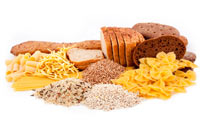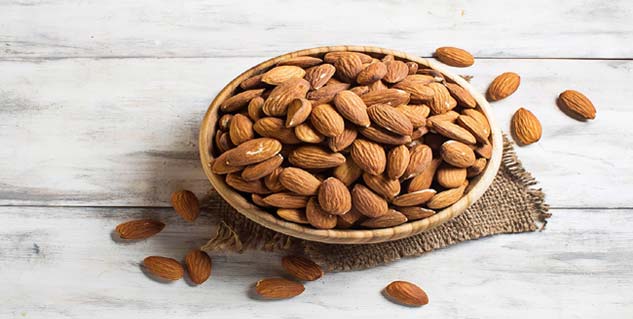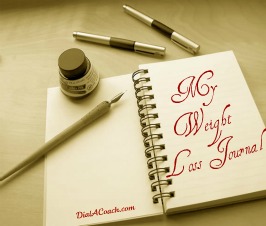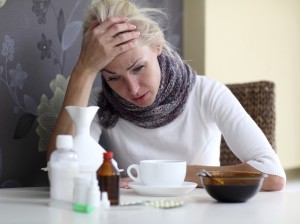Why Detoxing Doesnt Mean Starving Yourself

Get glowing skin, deeper sleep & better digestion.
Preview latest class for free

I get a lot of questions about detoxing, and one of the main concerns many people have is the fear that cleansing means starving.
While there are many different detox protocols, not all of them involve going on a liquid diet or even giving up some of the foods you might eat on a regular basis. In fact, my detox protocol allows for fresh vegetables, clean and lean protein, and some fruit.
So if the food factor has intimidated you from trying a cleanse in the past, consider the following reasons why eating on a detox doesn’t mean you’re cheating or doing it all wrong:
Cutting “offender” foods is often enough.
When I say it’s OK to eat on a detox, this statement comes with a (pretty big) caveat — some foods are allowed, others are not.
There's a group of what I call “offender” foods, including red meat, alcohol, sugar, caffeine, gluten and dairy. These foods are the most notorious for causing autoimmune reactions and hormone imbalance, so eliminating them during a detox is often good enough to kick-start the cleansing process.
Moreover, when you cut these foods from your diet, your body is able to process other foods more easily — and can convert that food into clean, lasting energy.
When you’re expending less energy on digestion, you feel lighter and more invigorated, and your body can hum along like a well-oiled machine.
Replacing some meals with shakes makes for a balanced detox.
In addition to cutting the offender foods, a balanced detox also includes a little assistance in the form of shakes or supplements. In my detox programs, I recommend patients purchase a nondairy protein powder that doesn’t contain whey and a water-soluble fiber blend, at a minimum.
For a deeper cleanse, you can also take detox supplements, which usually include herbs that assist with the detoxification of the organs. If you can replace 1-2 meals a day with a protein-fiber shake, you’re well on your way to an effective detox.
The great news is that the protocol is flexible — if you want to lose more weight or detox more thoroughly, eat less food and drink more shakes. If not, you’re still going to benefit from the cleanse. And if you get snacky? I don’t recommend making snacking a habit during a detox, but I give patients a list of approved foods, such as carrots with hummus or one square of 80% dark chocolate, so they don’t feel deprived.
Fasting completely can often set you up to fail.
One of the biggest reasons I don’t recommend no-food detoxes is that they rarely work for people. True, some individuals might have iron willpower that enables them to drink only green juice for 10 days, but most of us don’t. And it’s not necessary! The detox process should be an act of self-care, not one that’s rife with feelings of deprivation and struggle.
For many people, simply cutting out offender foods is a big enough step — and this leads to incredible results. More experienced “detoxers” can challenge themselves to cut back more on solid foods in order to conserve digestive energy and cleanse more deeply. Either way, however, food isn’t the enemy. And you don’t need to starve yourself in order to have an effective cleanse.
Introducing a gentler, more effective way to detox. I’m teaming up with weight loss expert and New York Times best-selling author JJ Virgin for a very special live video event, where we’ll reveal 7 Power Habits to Double Your Detox and Weight Loss. I hope you can join us! Reserve your FREE ticket here.
Photo Credit: Shutterstock.com
-
Weight Loss Diet An Overview Of Rapid Weight Loss
A rapid weight loss program will require importa
-
Study Shows that Artificial Sweetener is Too Good To Be True After All
If you’ve been trying to limit the number of calories you consu
-
How To Have Your 20s Metabolism Again
When it comes to ladies, workouts and weight loss, the aim is to burn
-
Benefits to Become Fitter & Healthier
Most people want to lose weight but feel they don’t have the
-
Does Healthy Fast Food Actually Exist?
Every day we are being bombarded with en
-
Fat Loss 4 Idiots Review – They Tell It Like It Is!
The fat Loss four Idiots program, as discussed on numerous weight l
- DON'T MISS
- The Trend For Renewable Energy Is Growing More Everyday
- Anyone Can Start Healthy Weight Loss
- Burn Fat Through Resistance Workout Training with Just a Few Minutes a Day
- Fat Burning Furnace (Fett Verbrennen Net) – In Which It Is Possible To Lose Weight Without Drugs, Starvation And Long Exercises
- 3 Myths That Keep You Overeating
- Get Rid of 5 Pounds of Fat Fast
- I Thought Plastic Surgery Would Fix Me, But It Didnt
- Easy Fat Loss Diets - Dieting Made Easy - Learn How Here!
- How to Obtain a Good Muscle to Fat Ratio
- Hybrid Hype and a Small Price Hike




